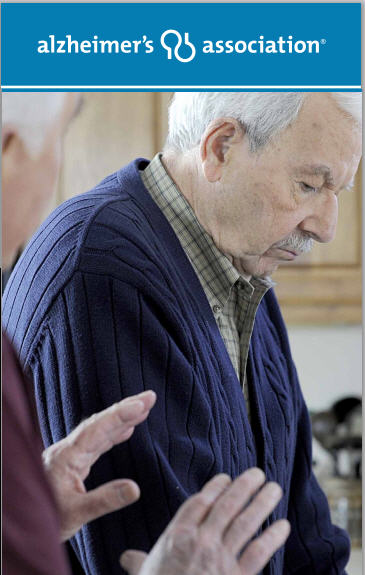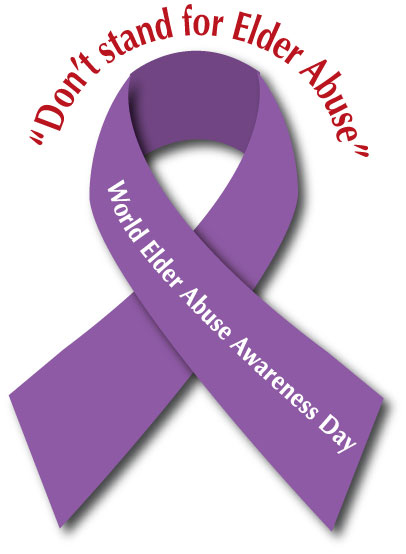The holidays are here. The festivities, the camaraderie, the food! But if you are like me and my brother, you could find the holidays can quickly become disconcerting when you live at a distance from a loved one and return home to find a loved one exhibiting memory issues that you had never seen before. That was increasingly our experience about a decade ago.
My father had started alerting both my brother and I that Mom was having some memory issues in 2002, but we chalked that up to aging. We were wrong! Mom had mild cognitive impairment and we just kept missing signs over the next three years that Mom was struggling with something worse.
Using the list of warning signs provided by the Alzheimer’s Association, I’d like to offer some our family’s history in order to help others who might face similar surprises when they get home.
1. Memory loss that disrupts daily life. Mom wouldn’t let Dad take over managing her prescriptions. She increasingly mismanaged her medications during this period, causing her to often have to go to the emergency room due to major breathing issues caused by her chronic obstructive pulmonary disease.
2. Challenges in planning and solving problems. One time when Dad had to suddenly be hospitalized, Mom drove herself back home. She called me to tell me what the situation was (and told me that she had to call the fire department because she couldn’t get into their house). She was determined to go back to the hospital to spend the night, but had not thought about packing her oxygen (which she needed 24/7) and other medications. I also asked her what she was planning to do with their dog; she told me that she would just leave the dog outside – not thinking about the fact that the forecast put the temperature that night into the low 20s where they lived. Fortunately, Dad was released just a little bit later so she was able to remain at home – and the dog remained inside.
3. Difficulty completing familiar tasks at home, at work or at leisure. I remember Mom forgetting how to use the car’s automatic unlock function on her key ring while she was out shopping. She also could not remember how to use the car key to unlock the door. She had to ask someone at the store to come out and help her open her car up.
4. Confusion with time or place. Mom got to the point where she couldn’t member what city she was in, especially when she travelled and was in a hotel in a different city. Breaking a routine really messed her up.
5. Trouble understanding visual and spatial relationships. One evening, Mom thought there was a gap between the window frame and my home’s structure and brought it to my attention because she was afraid hot air would come in. I assured her that what she was seeing was the gap between the window screen that wasn’t well placed into the window and that otherwise, the house was well sealed.
6. New problems with words in speaking or writing. Mom struggled with finding words to use and would lose her train of thought in a conversation. She also rarely was writing anything other than her name.
7. Misplacing things and losing the ability to replace steps. Mom increasingly lost a variety of things, ranging from remote controls to glasses. It turns out that she started “storing” everything in tissue boxes.
8. Decreased or poor judgment. Mom, who was not a fashion shopaholic, would go out shopping on a regular basis and end up buying the same outfit over and over and over again. When we cleared out her closet, we found out that she had purchased 7-8 of the same outfits, all in the same size.
9. Withdrawal from work or social activities. Mom refused to go out to lunch with her girlfriends, even though I bought her a gift card to a local restaurant so she could treat them. She said they just led busy lives and she didn’t want to interrupt.
10. Changes in mood and personality. Mom regularly lost her normal equilibrium and became blindingly angry at the smallest comment. For a long period, her rage was at my father, but I finally experienced it when she and I had a really minor tiff over dusting a table.














